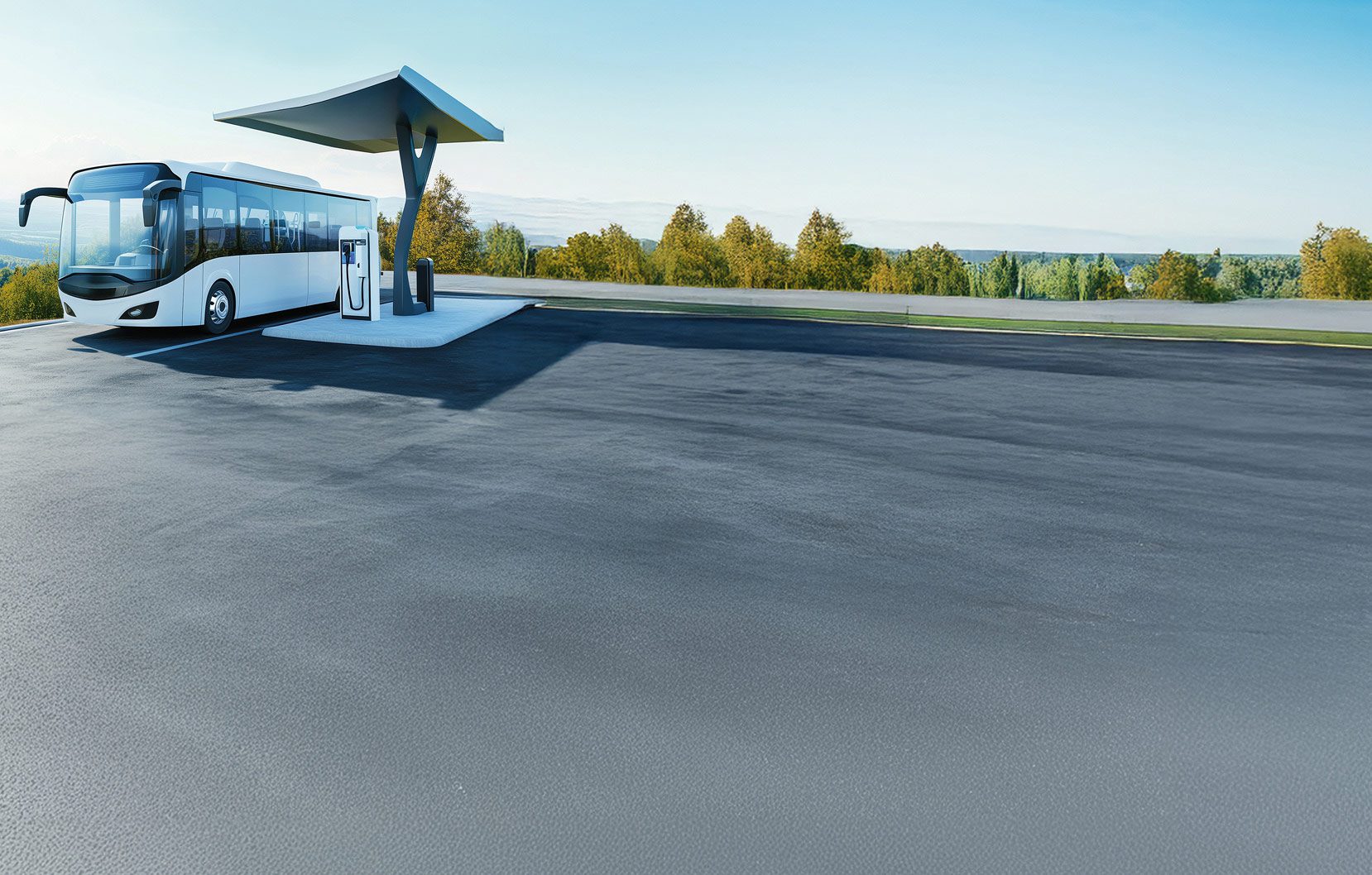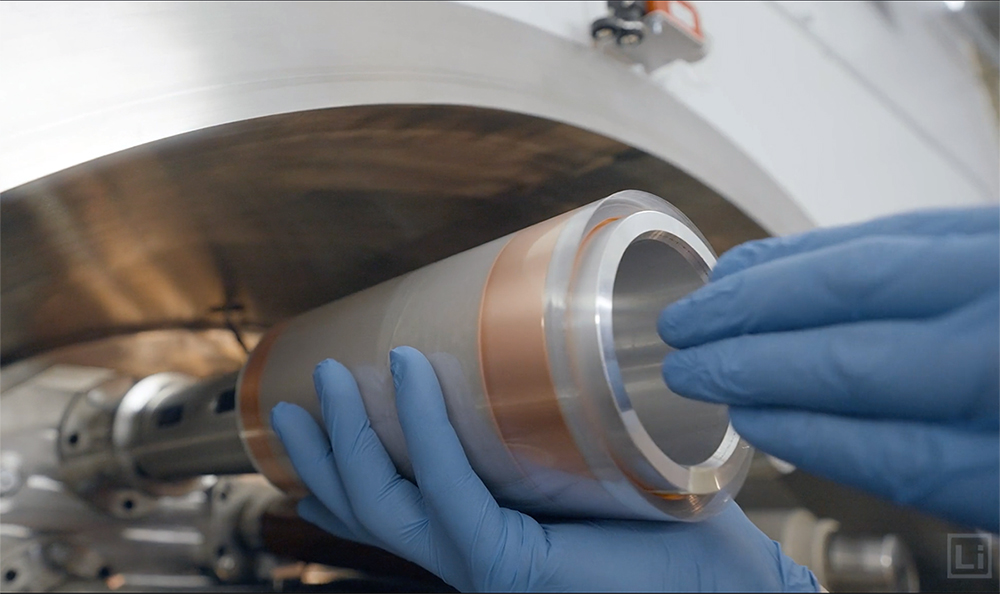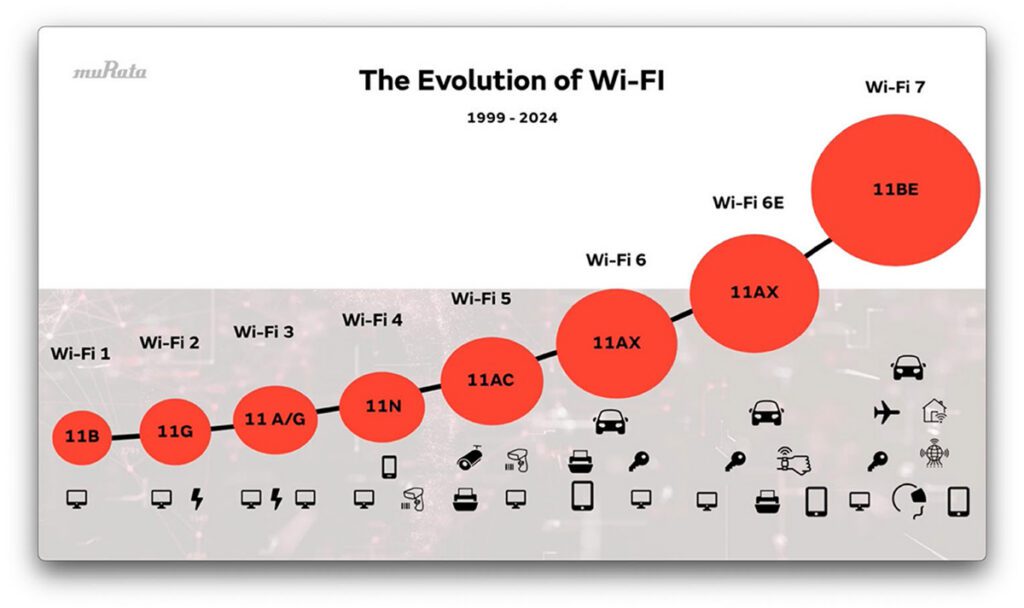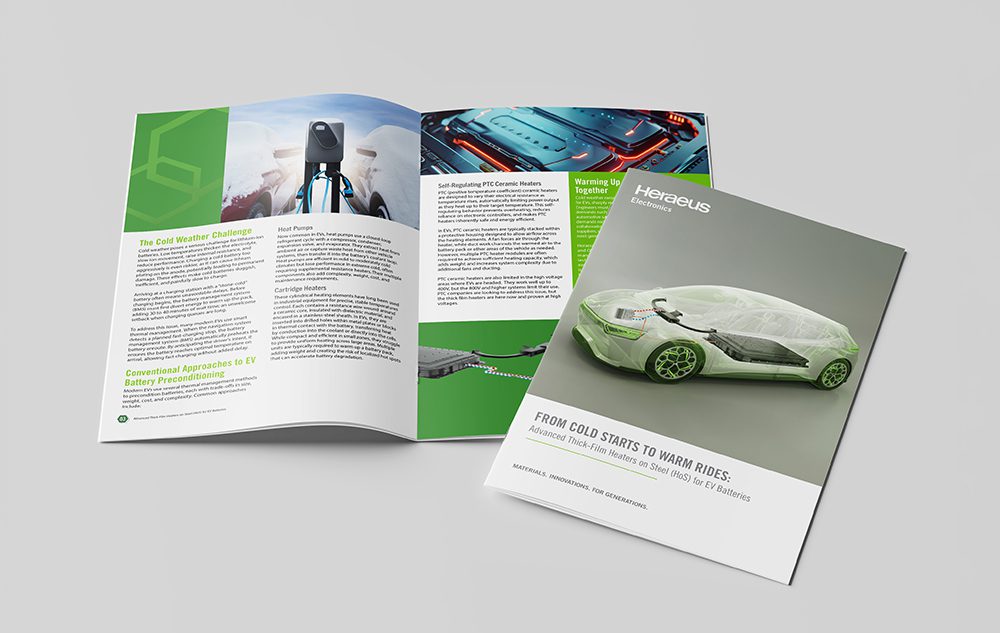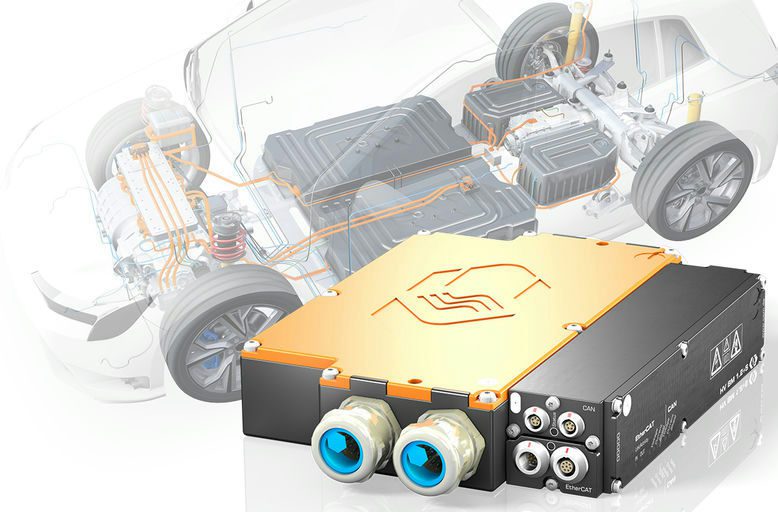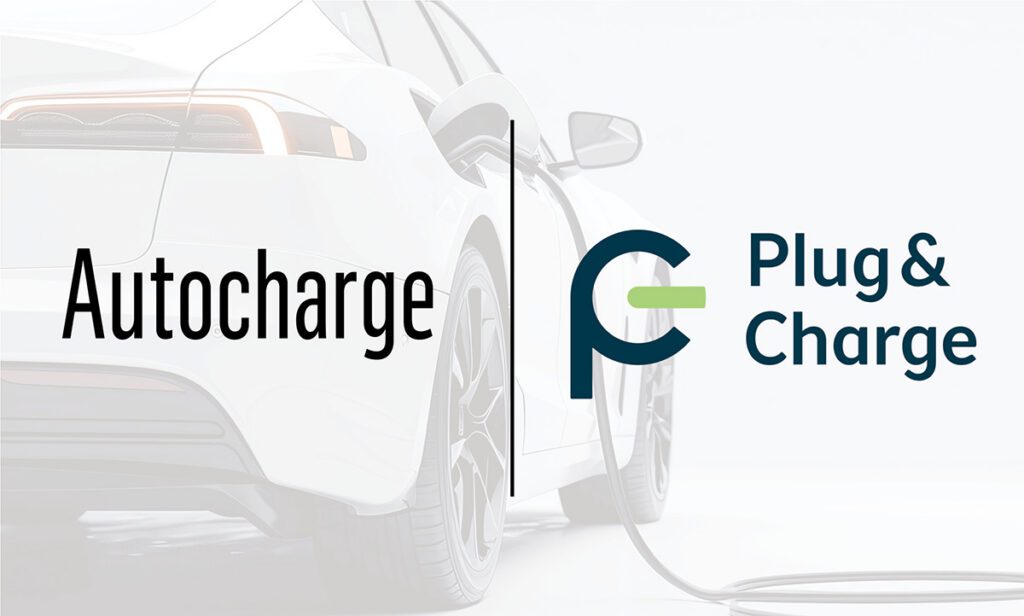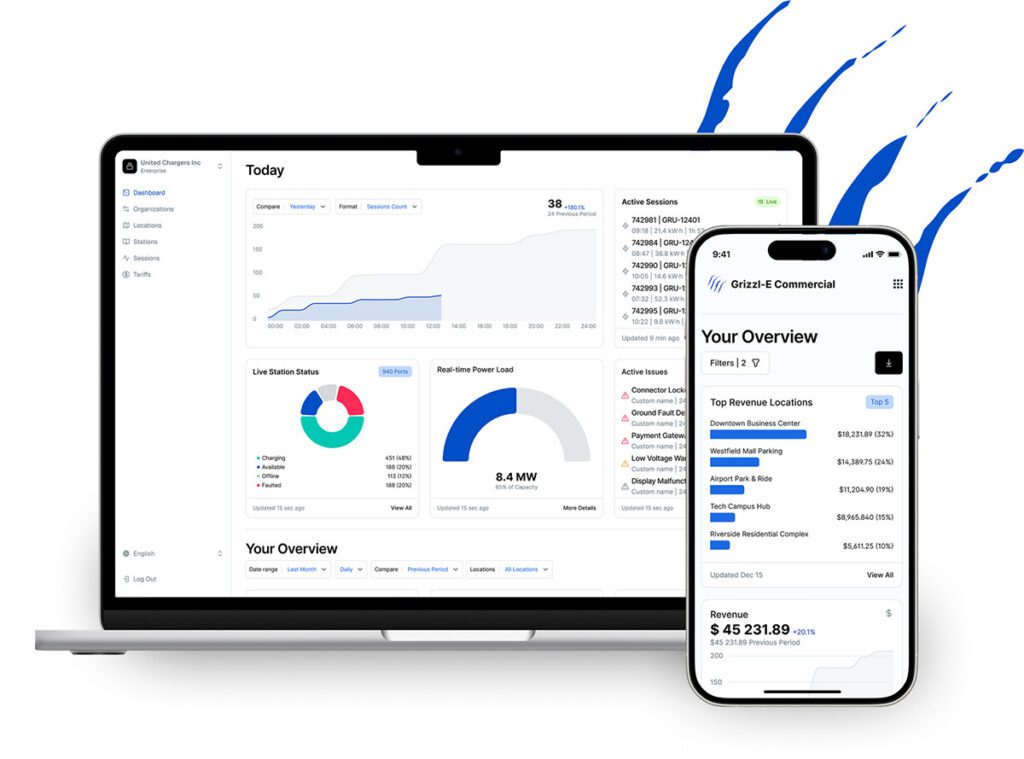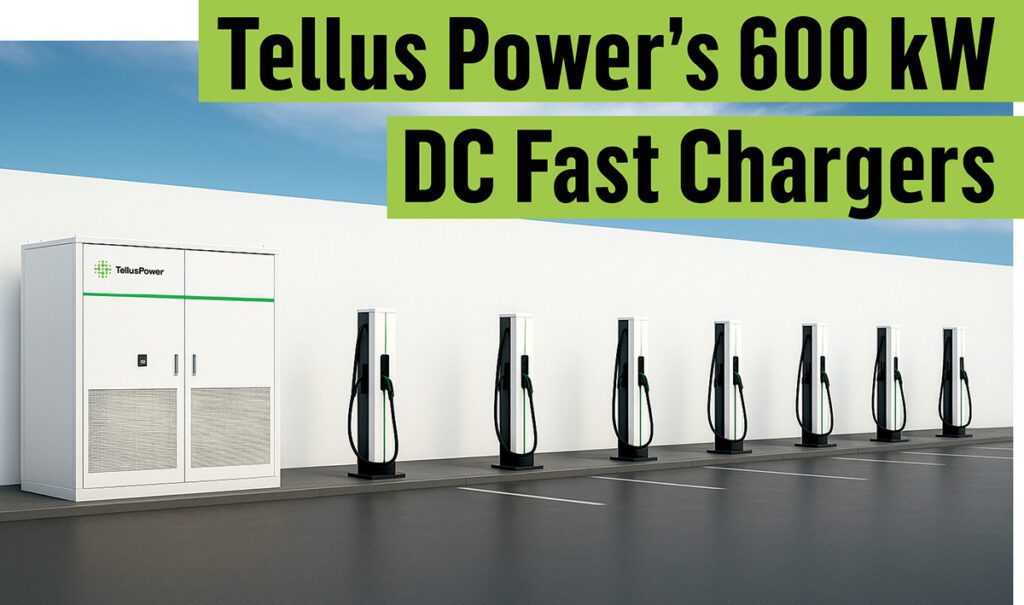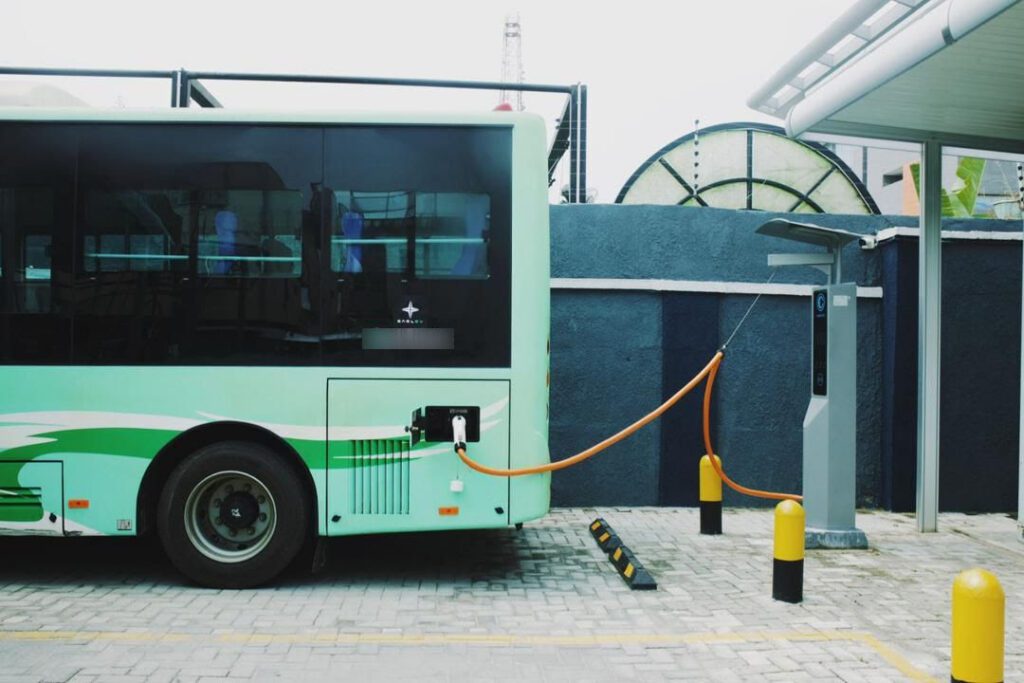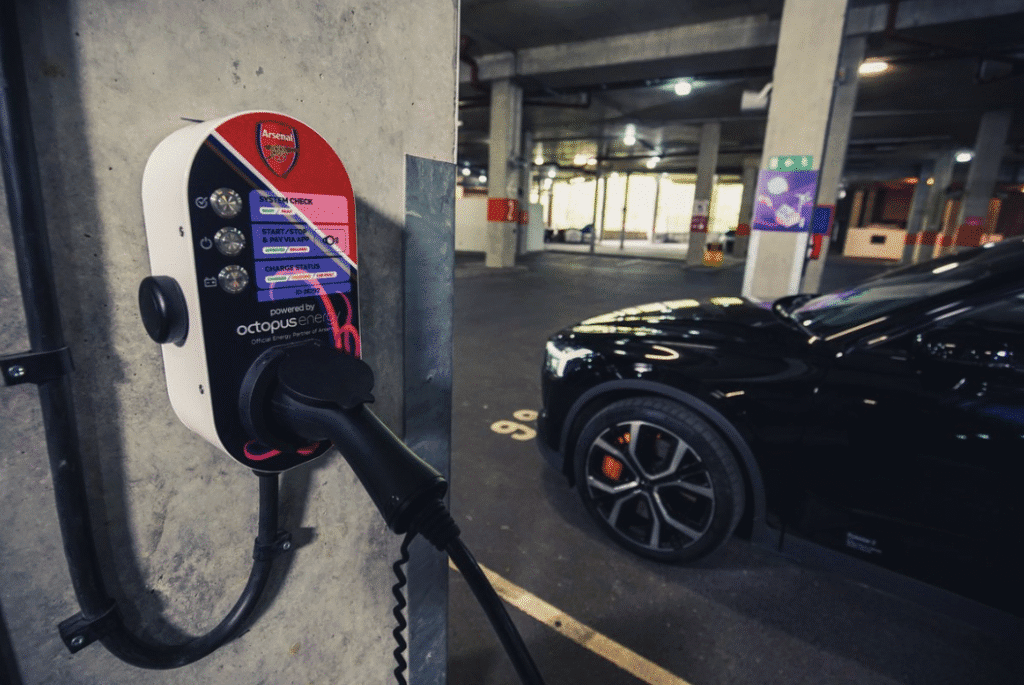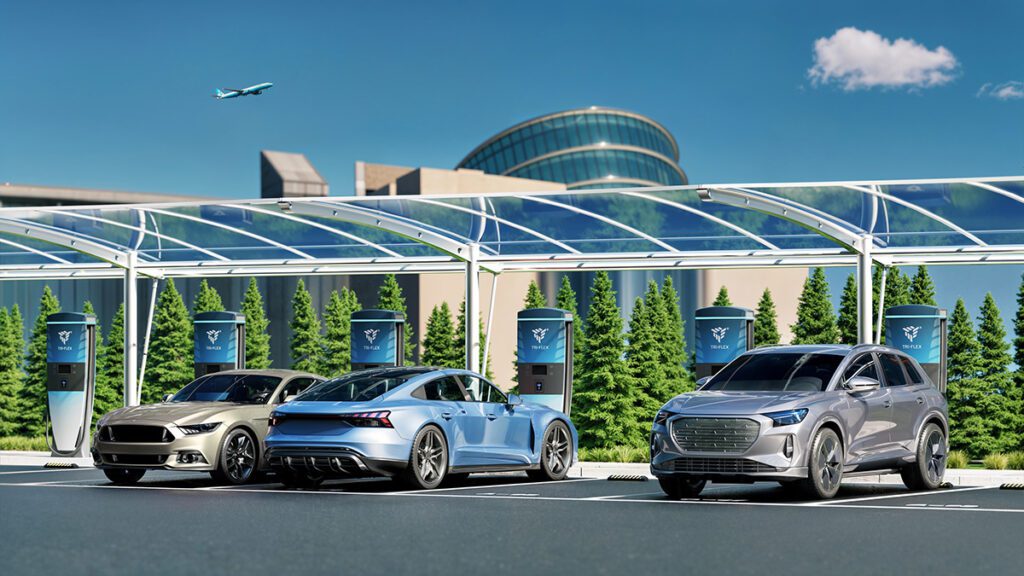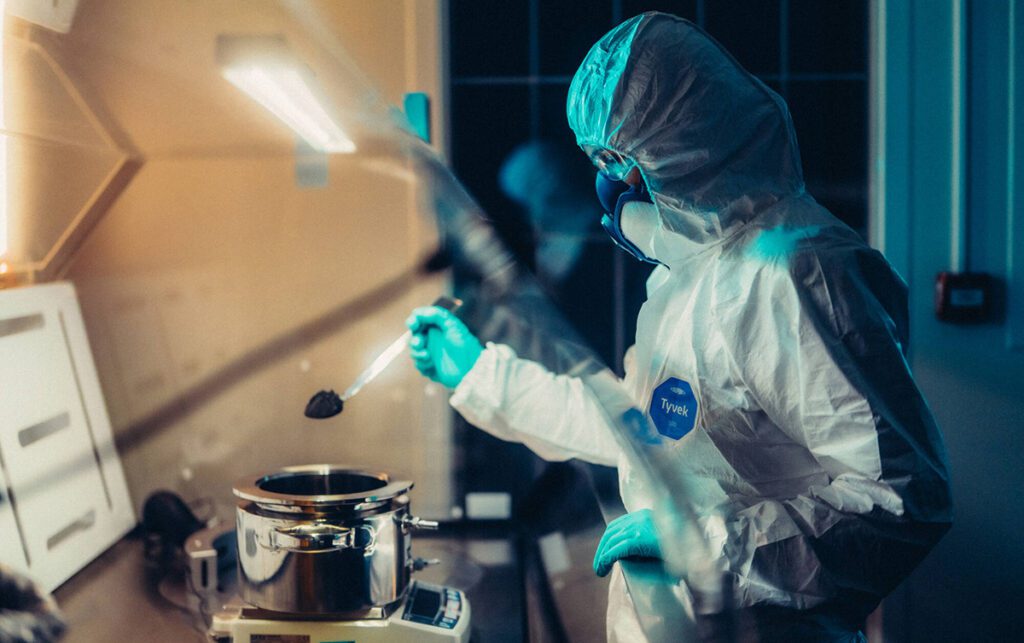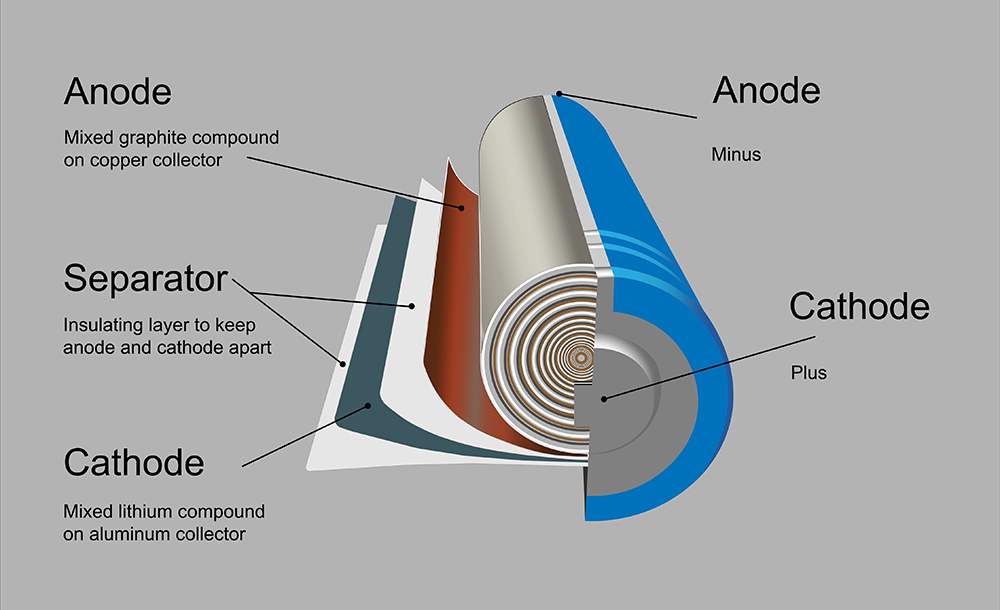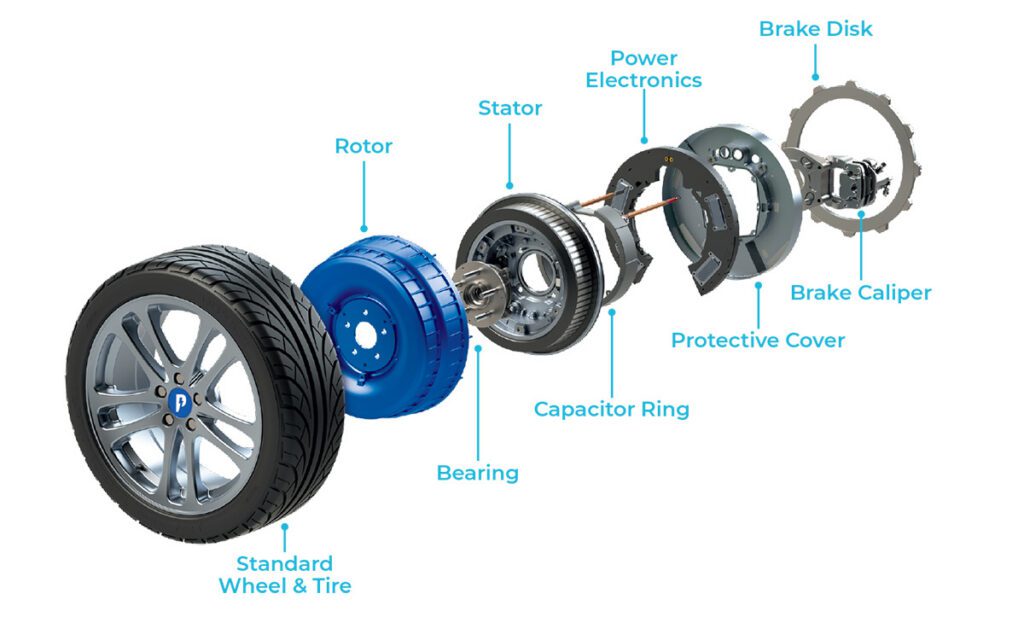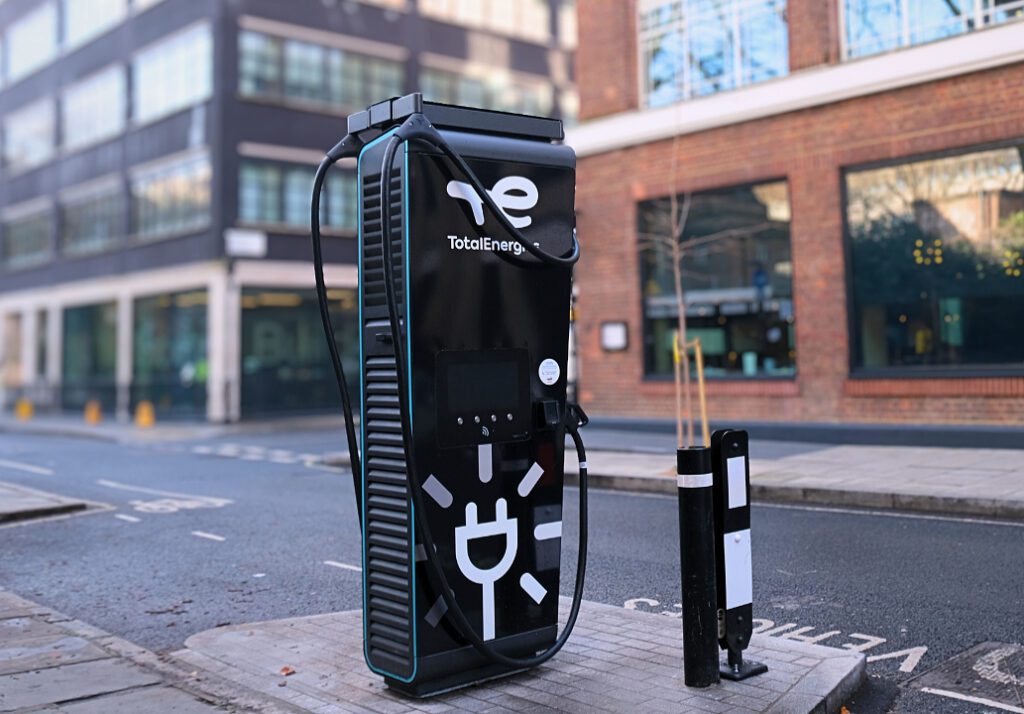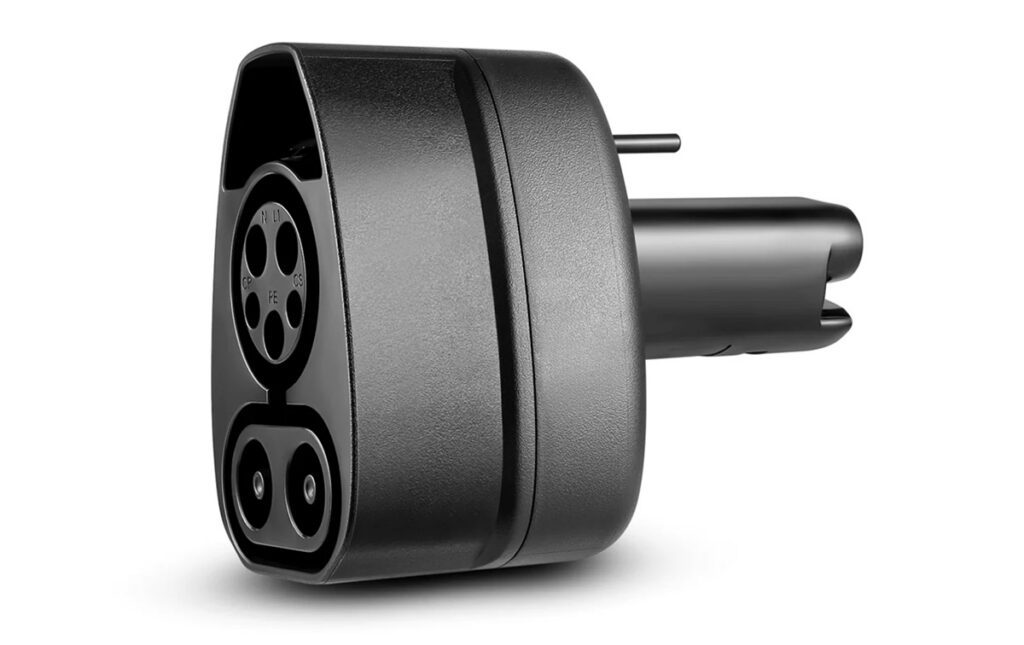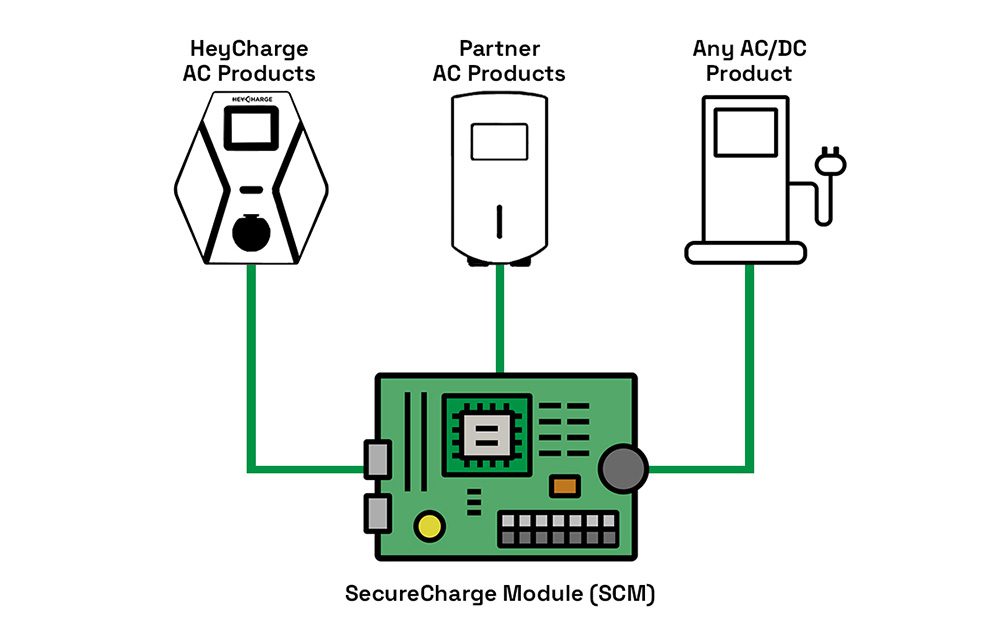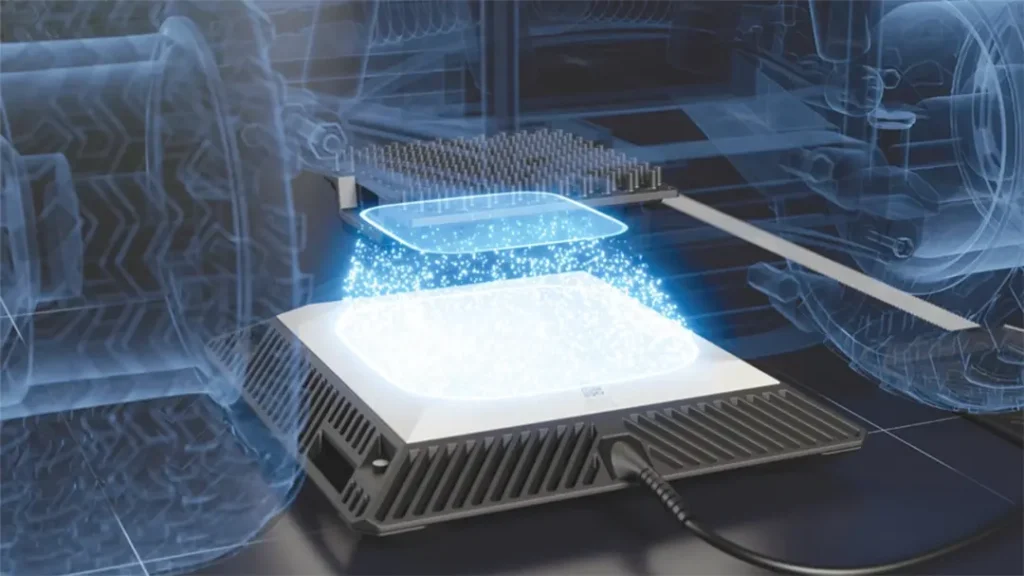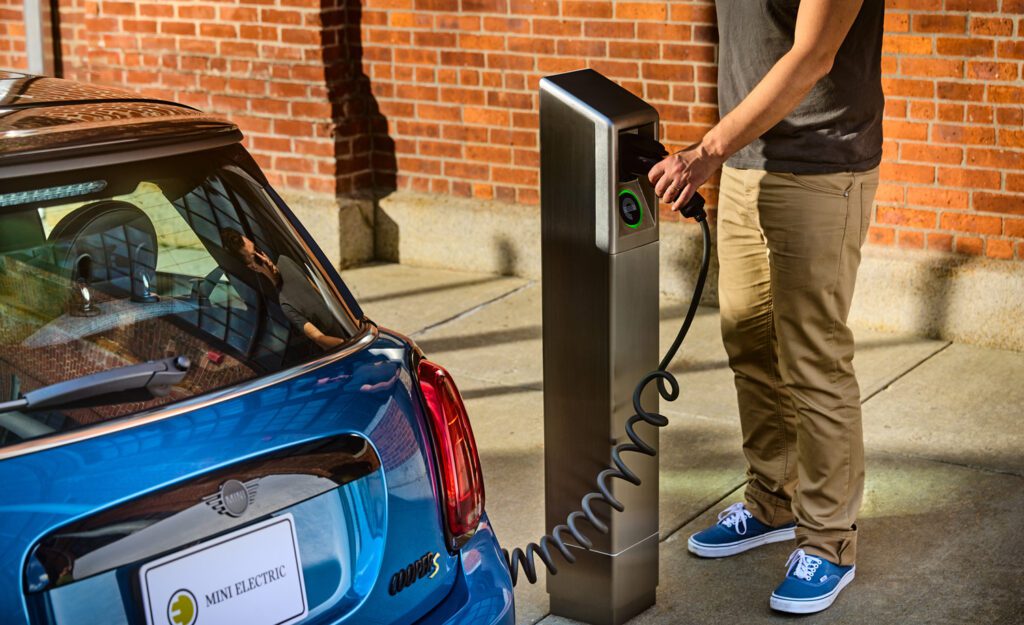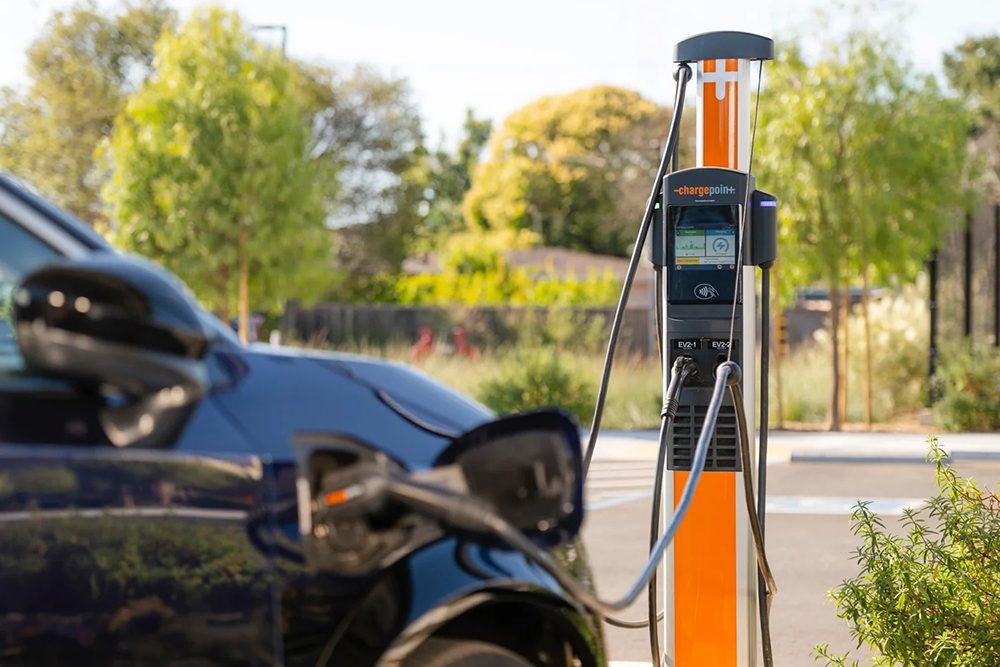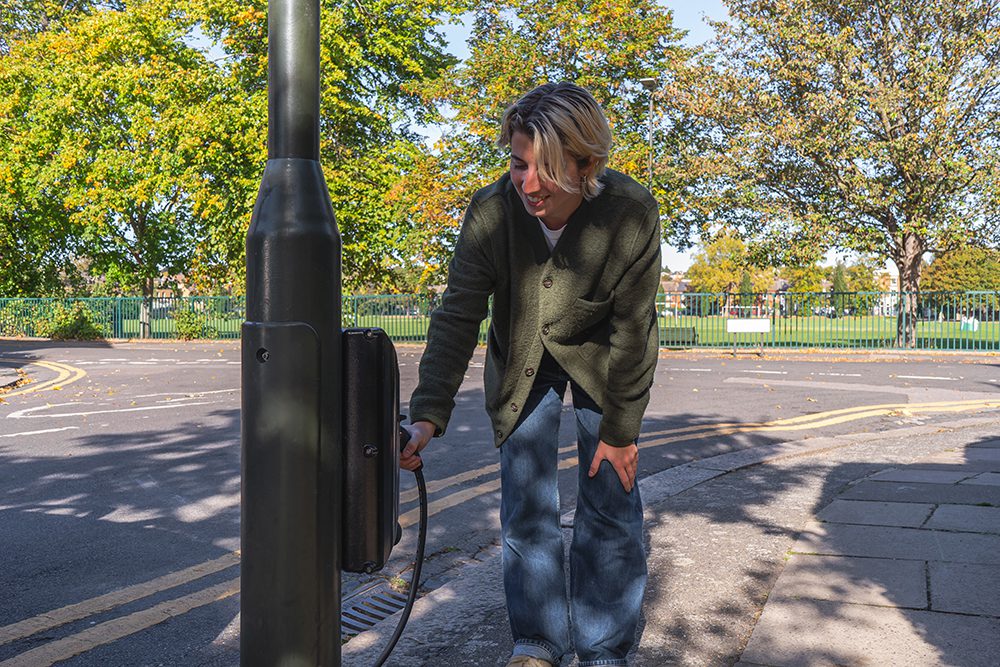Li-Metal, a Canada-based developer of lithium metal technologies, has completed a concept study for a commercial North American lithium metal production facility with an annual capacity of up to 1,000 tonnes.
Li-Metal expects its plant to require approximately 5,600 tonnes of lithium carbonate per year. The plant will use Li-Metal’s patented carbonate-to-metal (C2M) lithium metal technology.
The study found that the expected conversion cost for converting carbonate to lithium metal, excluding raw material costs, would be up to $31 per kg, including leasing costs for a brownfield facility. This compares favorably to the expected conversion cost for traditional chloride-to-lithium-metal processes of $45-52 per kg (excluding OpEx required to convert carbonate to chloride).
Currently, about 3,000 tonnes per year of battery-grade lithium metal is produced globally, and more than 95% of that production is concentrated in China, according to Benchmark Mineral Intelligence. According to a market report by McKinsey, the demand for lithium metal is projected to increase to between 21,000 and 40,000 tonnes per year by 2030, to support the production of next-generation batteries.
“The results of the study corroborated the viability of our vision and demonstrated that, in addition to reducing harmful chlorine gas by-product, a commercial-scale plant is expected to produce minimal GHG emissions,” said Srini Godavarthy, CEO of Li-Metal. “We are currently discussing supply, investment and partnership opportunities with IRA-compliant lithium carbonate producers as well as next-generation battery OEMs. We also remain actively involved in discussions with state/provincial officials to evaluate the feasibility of constructing a commercial plant at a brownfield site in North America.”
Source: Li-Metal

